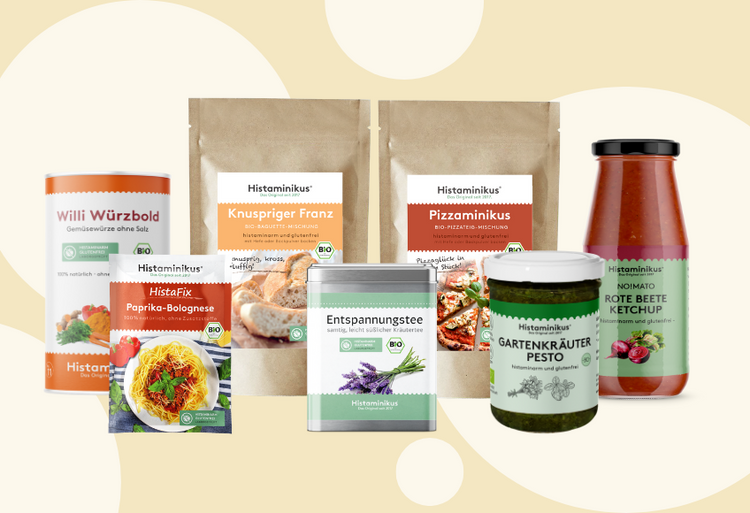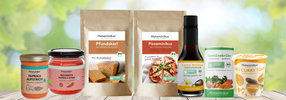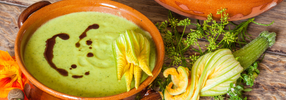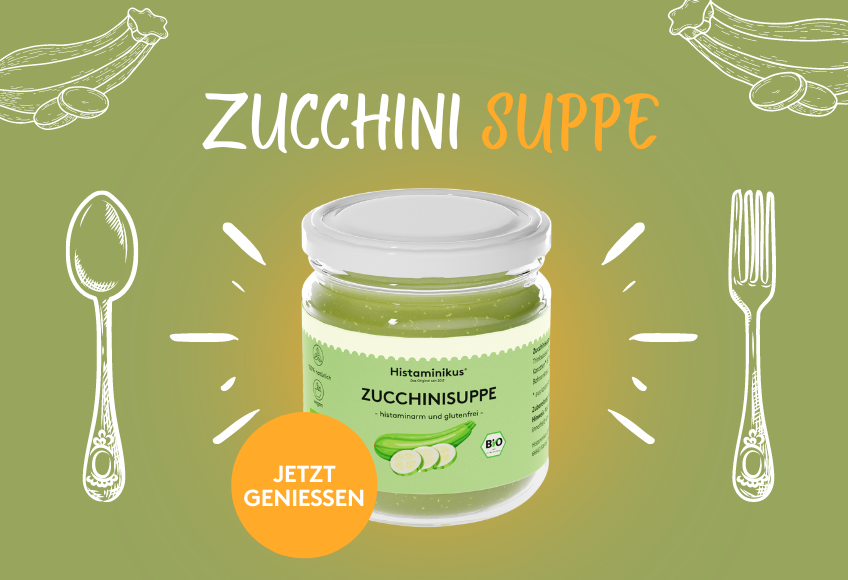
Fasting and histamine intolerance
Fasting has a long story and is practiced for various reasons:
Religion, spirituality, weight loss, but also to improve health. In the past few years, interest in the health advantages of fasting has increased. In this article we introduce you to different types of fasting and whether it also makes sense with histamine intolerance.
Types of fasting
🍏 Intermittent fasting
Intermittent fasting is a diet in which meal times and fasting periods alternate. The most common methods are:
🍏 16/8 method: Fasting 16 hours and 8 hours of meal window. For example, food from 12:00 p.m. to 8:00 p.m. and fast from 8:00 p.m. to 12:00 p.m. The times are freely selectable here. This method is also available in versions 14/10 and 12/12.
🍏 5: 2 diet: Normal nutrition on five days a week and on two consecutive days of calorie reduction to around 500-600 calories.
🍏 EAT-STOP-EAT: Fast 24 hours once or twice a week.
🍏 Alternate Day Fasting:
Change of normal meal days with fasting days. The calorie intake is greatly reduced on fasting days (about 500-600 calories).
🍏 Water fasting:
Only water is consumed, no solid food or calorie drinks. This can take from 24 hours to several days, but should be carried out under medical supervision.
🍏 Healing:
A longer fasting cure (often 5-21 days), in which only liquids such as vegetable broth, herbal teas and juices are consumed. This is often carried out in fasting clinics under medical supervision.
Since hunger does not fail to fail in the event of strict fasting forms, these are rather unsuitable for histamine intolerance. Hunger is a great stress factor for our body and thus increases the symptoms of histamine intolerance. In such cases, fasting would probably harm more than benefit. Of course, due to any upcoming examinations (e.g. colonoscopy), it may be necessary to fast for a day. However, this is only done after a medical consultation.
As already mentioned, healing fasting is usually guided in a clinic and can be helpful, for example, in diseases such as diabetes mellitus, fatty metabolism, joint diseases and chronic bowel diseases.
Share information about your brand with your Customers. Describe A Product, Make Announcements, Or Welcome Customers to your Store.
Fasting despite histamine intolerance
If you want to fast despite histamine intolerance, intermittent fasting is probably the best choice for our body. In themselves, most of them usually do this every day - and in sleep. Therefore, the English term for breakfast comes: breakfast, which literally translates as much as fasting.
If you want to start fasting in order to benefit from the health advantages, you should slowly get used to your body. Based on current findings, the 16/8 method seems to be advantageous. For example, you could first try out the 12/12 or 14/10 variant and slowly get used to it.
Share information about your brand with your Customers. Describe A Product, Make Announcements, Or Welcome Customers to your Store.
Advantages of the intermittent fasting (16/8 method)
Histamine intolerance
1. Reduction of histamine recording
Intermittent fasting can help to reduce the number of snacks, which reduces the total Histamine intake. For example, the usual evening snack on the couch automatically falls out. Whole meals such as leaving breakfast completely is not recommended, as this again brings more negative than positive effects if you suffer from a hit. For example, prefer to have breakfast at 10 a.m. and eat it in the evening shortly before 6 p.m. and also do not simply drop out lunch. With sufficient practice you quickly get used to fixed times.
2. Promotion of intestinal health
Intermittent fasting can improve the intestinal barrier function and promote intestinal health. It also has a clear effect on the composition, function and diversity of our intestinal bacteria. Furthermore, our digestive tract has more time to clean yourself. He does this with contraction waves that are only triggered if the gastrointestinal tract is empty. This 'migrating motor complex' takes place about 2 hours after the last food intake, accompanied by digestive secretions of our organs to remove digestive residues. As soon as we eat something or drink something other than water, this process stops.
3. Autophagy: self -cleaning of the cells
Autophagy means self -digestion and is a kind of recycling program: the cells enclose the garbage, which has been accumulated in them over time, with a thin cutting and disassemble it into individual parts using digestive enzymes and acids. These fragments are recycled or excreted for energy generation. As a result, the cell is freed from the garbage and healthier again. By avoiding 12 hours or longer for food, previously deposited cells are broken down.
4. Inhibitory effects
Intermittent fasting has anti -inflammatory properties, which is why this diet is often recommended for inflammatory diseases and also in the case of diseases of the liver.
Share information about your brand with your Customers. Describe A Product, Make Announcements, Or Welcome Customers to your Store.
👉🏼 Conclusion
Fasting should be enjoyed with caution in the case of histamine intolerance. Get your body slowly and pay attention to symptoms. If you feel strong hunger in your Lent, then eat! Hungering in fasting times triggers stress and thus also other symptoms, which needs to be avoided. It can also be helpful to integrate relaxation exercises and movement in the fresh air into your everyday life.
Share information about your brand with your Customers. Describe A Product, Make Announcements, Or Welcome Customers to your Store.
Advertising
Image with text
Ideal for Lent
Especially now in autumn it fits perfectly:
Our phenomenal Zucchini soup Is rucked quickly and in just a few minutes you can enjoy Delicious food like Grandma home. The best of the vegetable garden: Potatoes, carrots, parsley root. And of course a lot zucchini! These varieties are naturally histamine And therefore particularly well tolerated.
Collapsible content
SOURCES
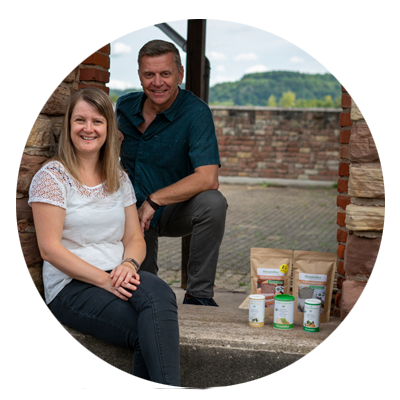
From those affected for those affected
We are Thomas and Michaela Zinser, founder of Histaminikus.
Because of the own histamine intolerance of Michaela and our son, we founded Histaminikus. The frustration does not find any suitable histamine food has spurred us to develop low -histamine food.
We would like to give you back a piece of quality of life. Feel free to look around with us.
Kind regards
Thomas and Michaela
